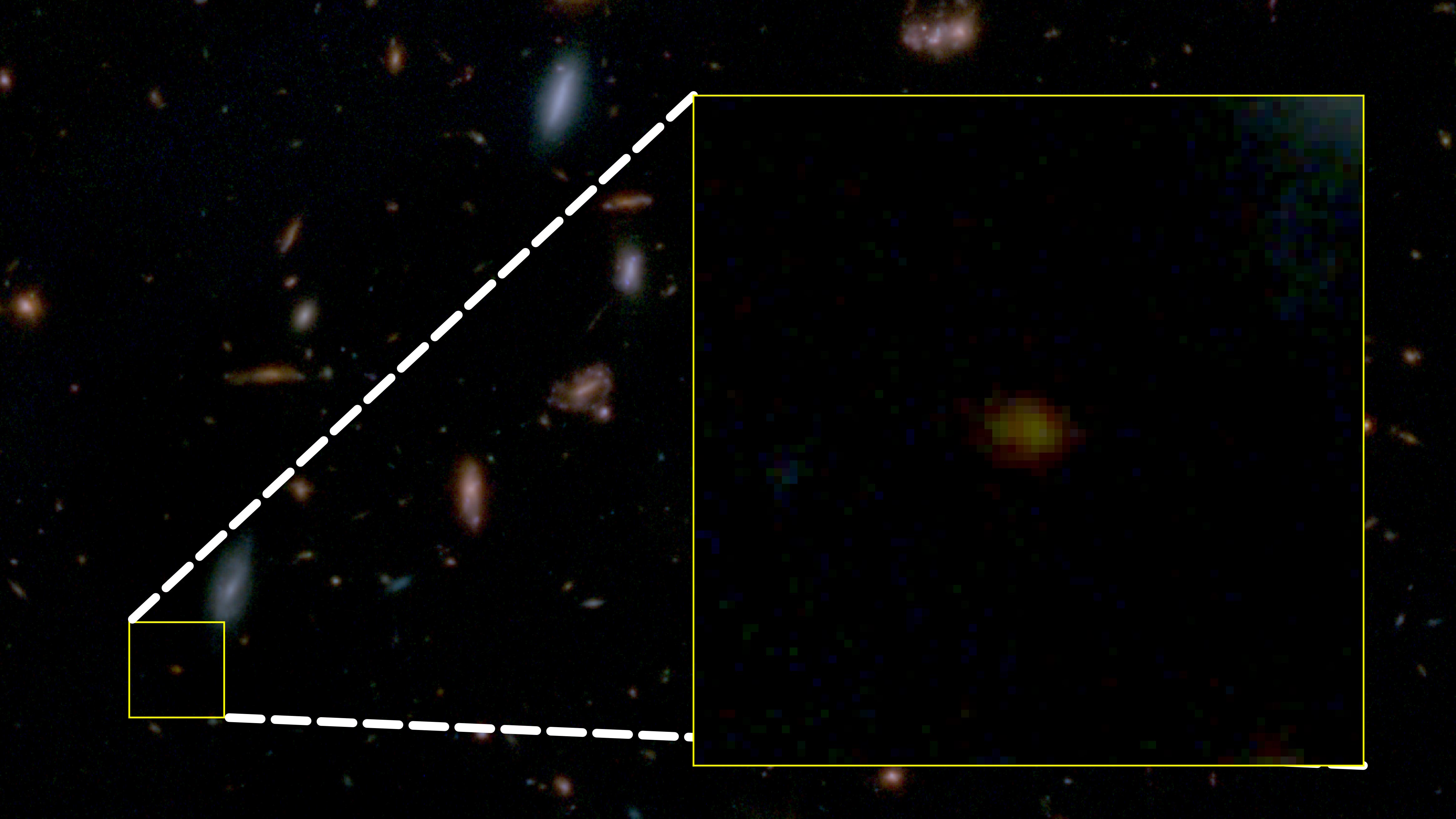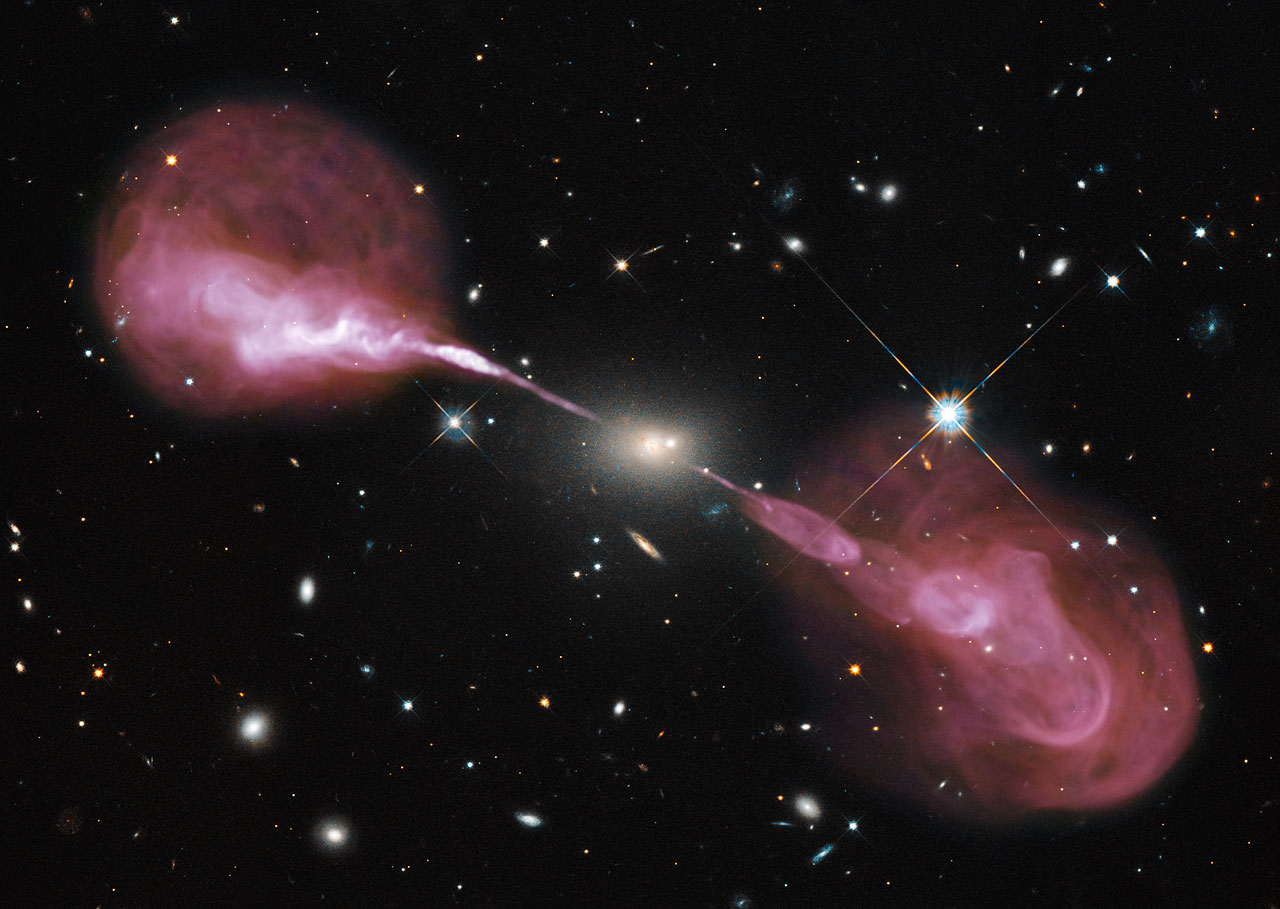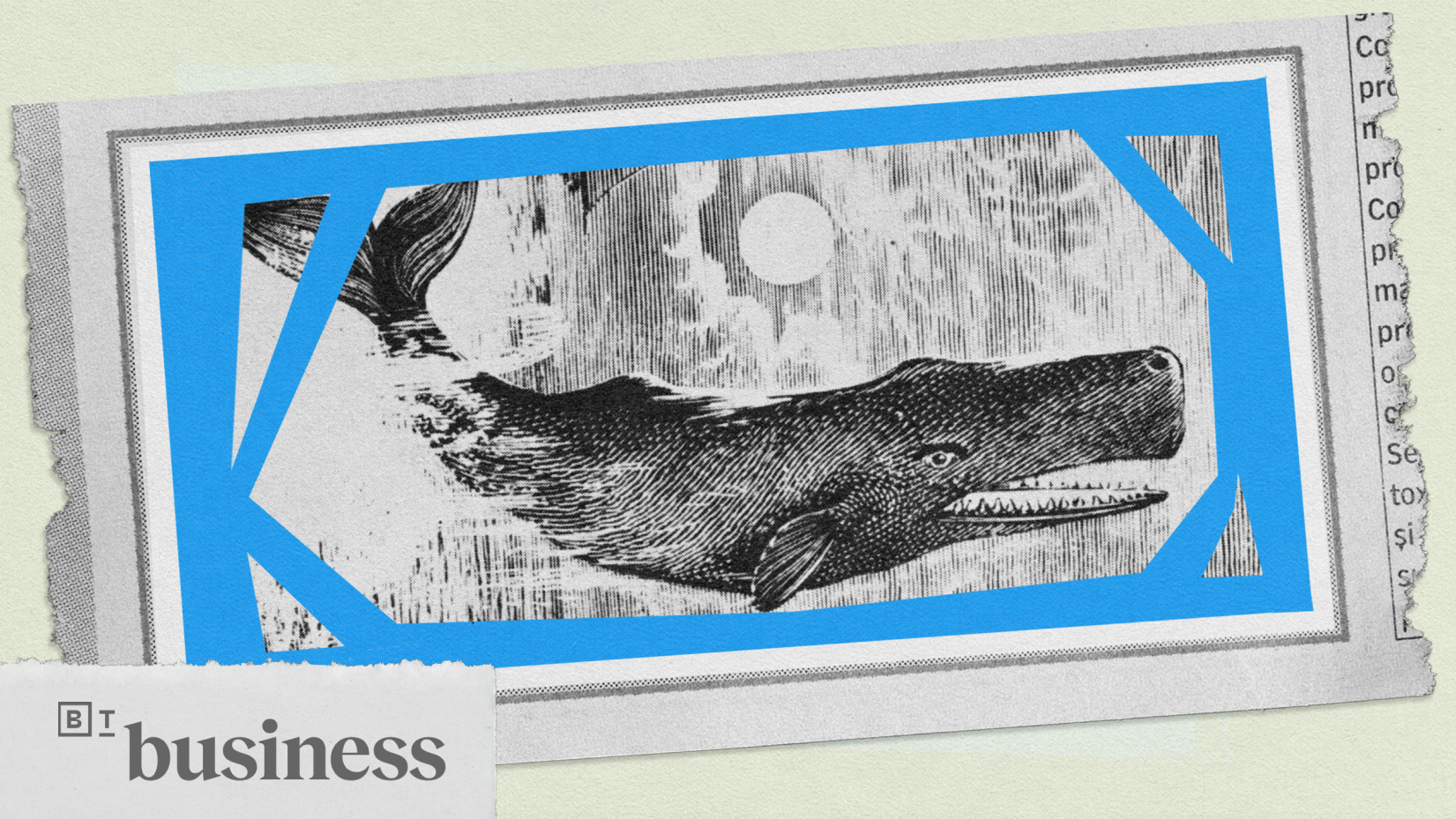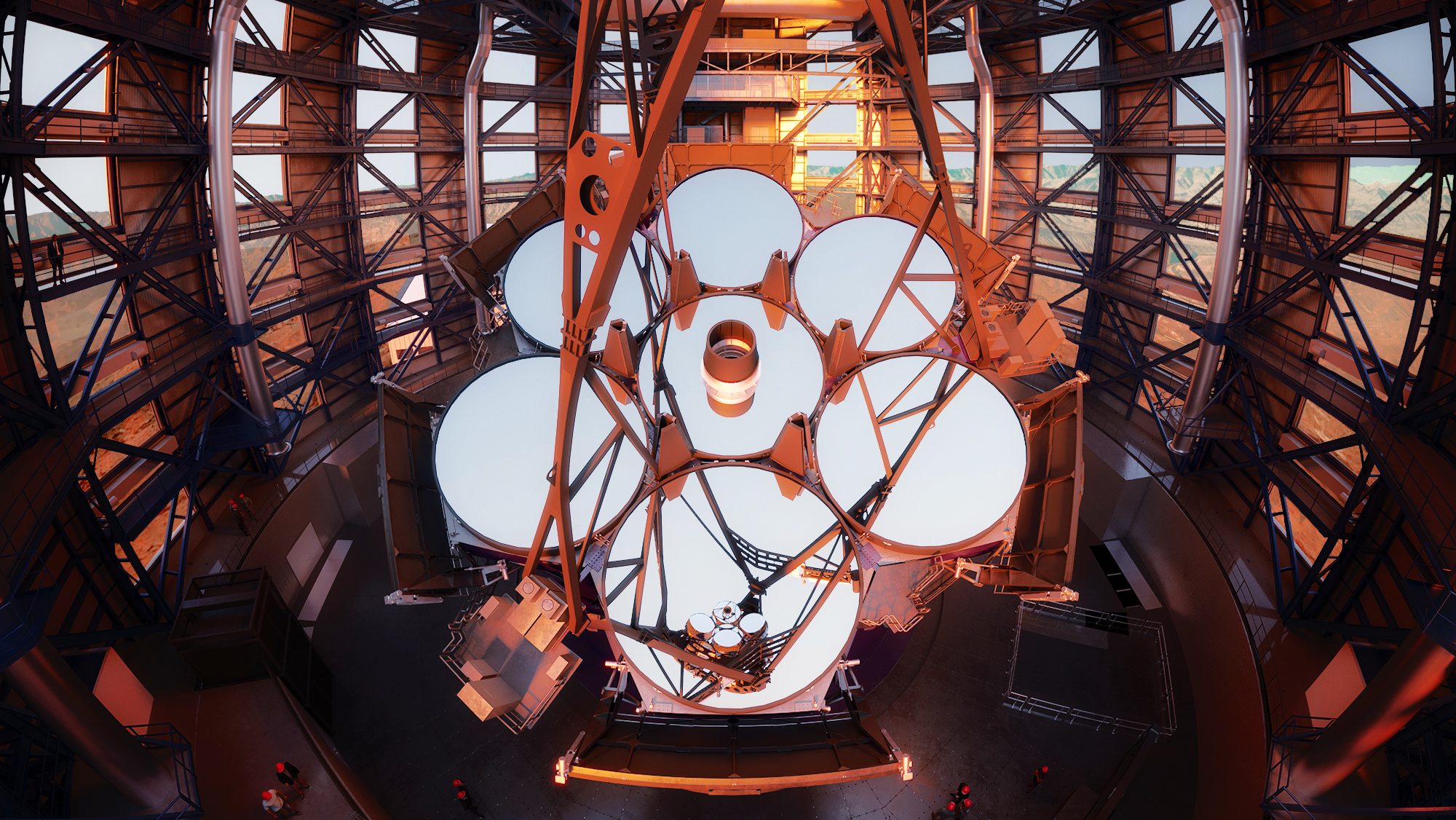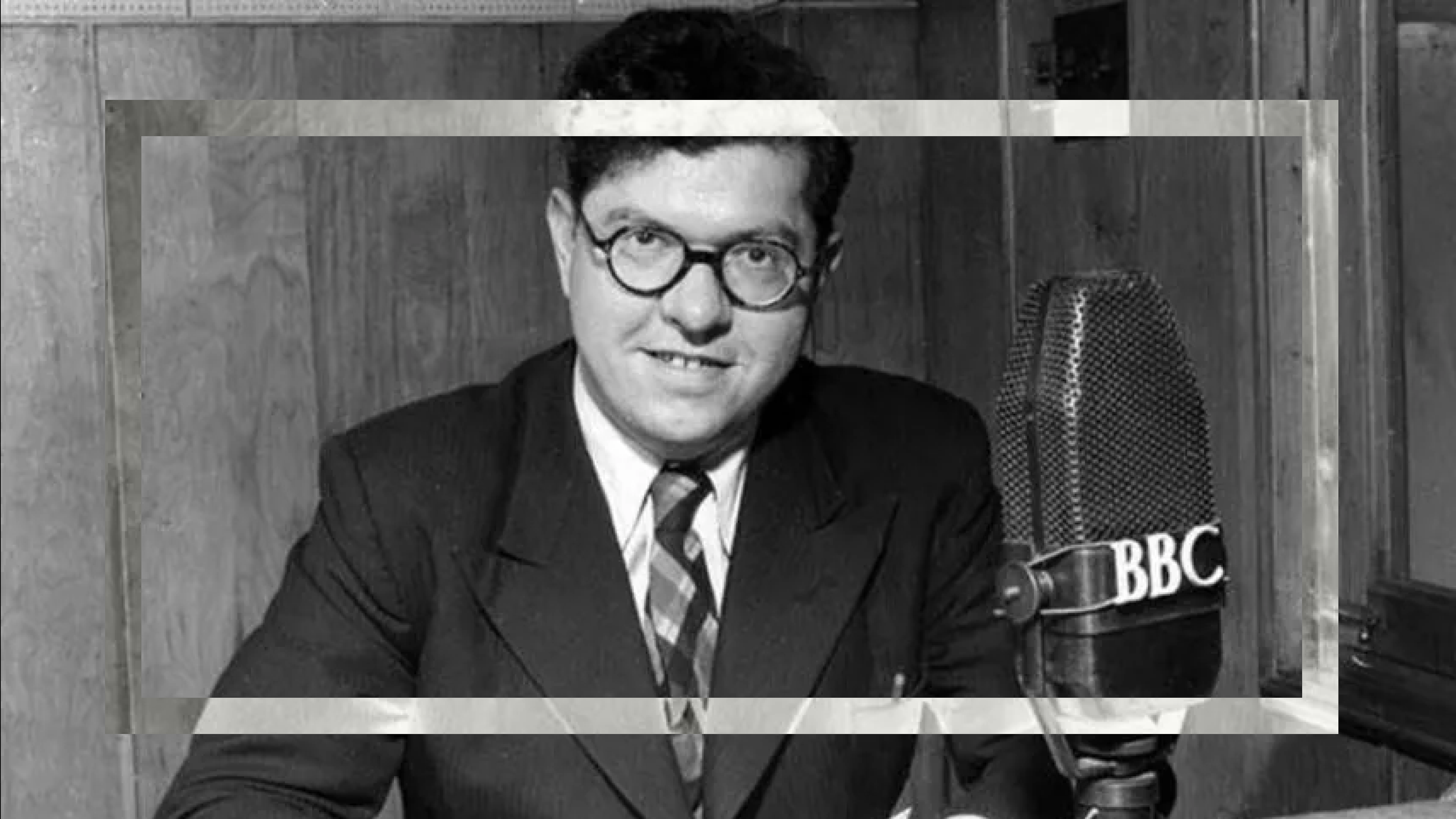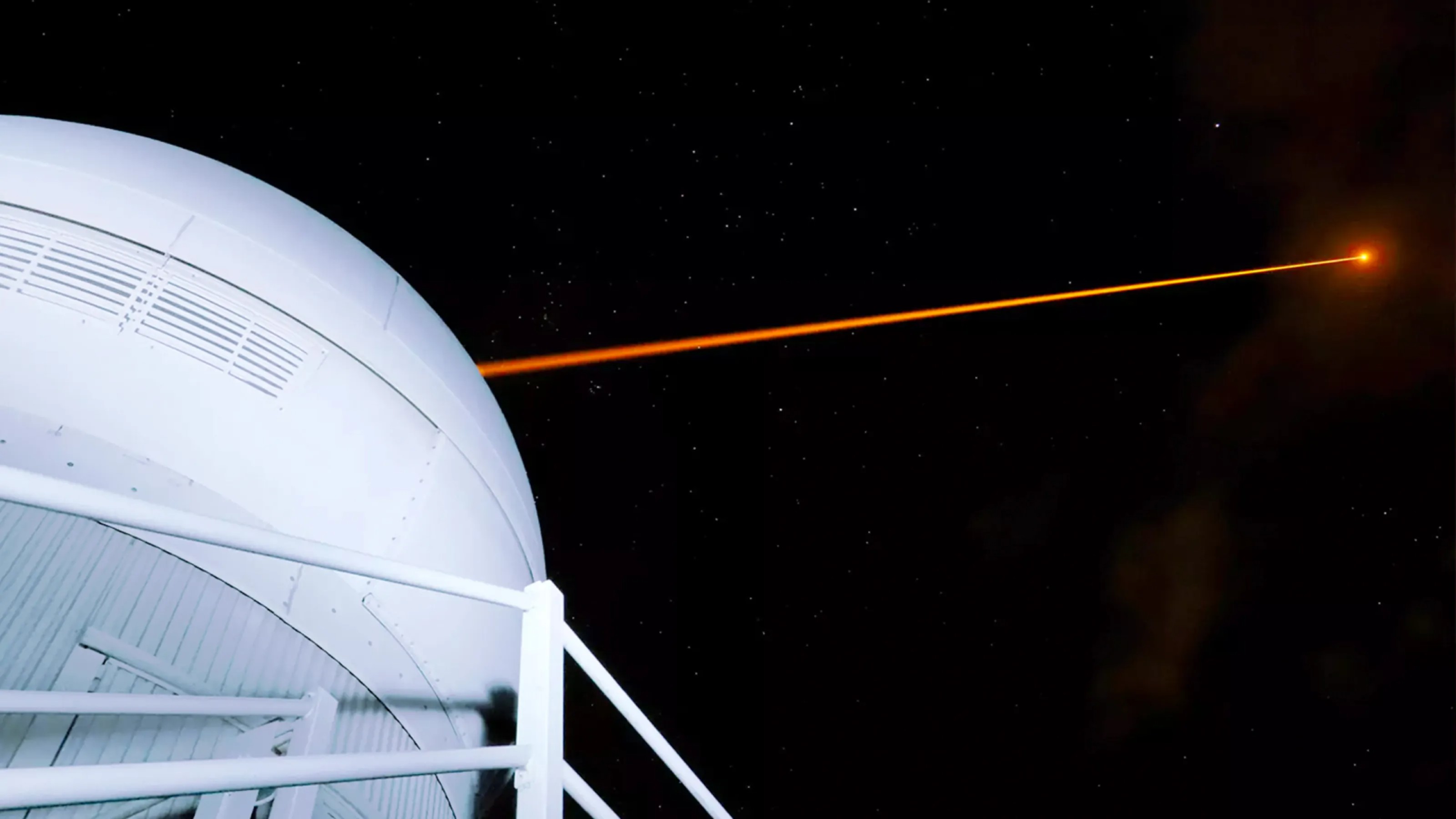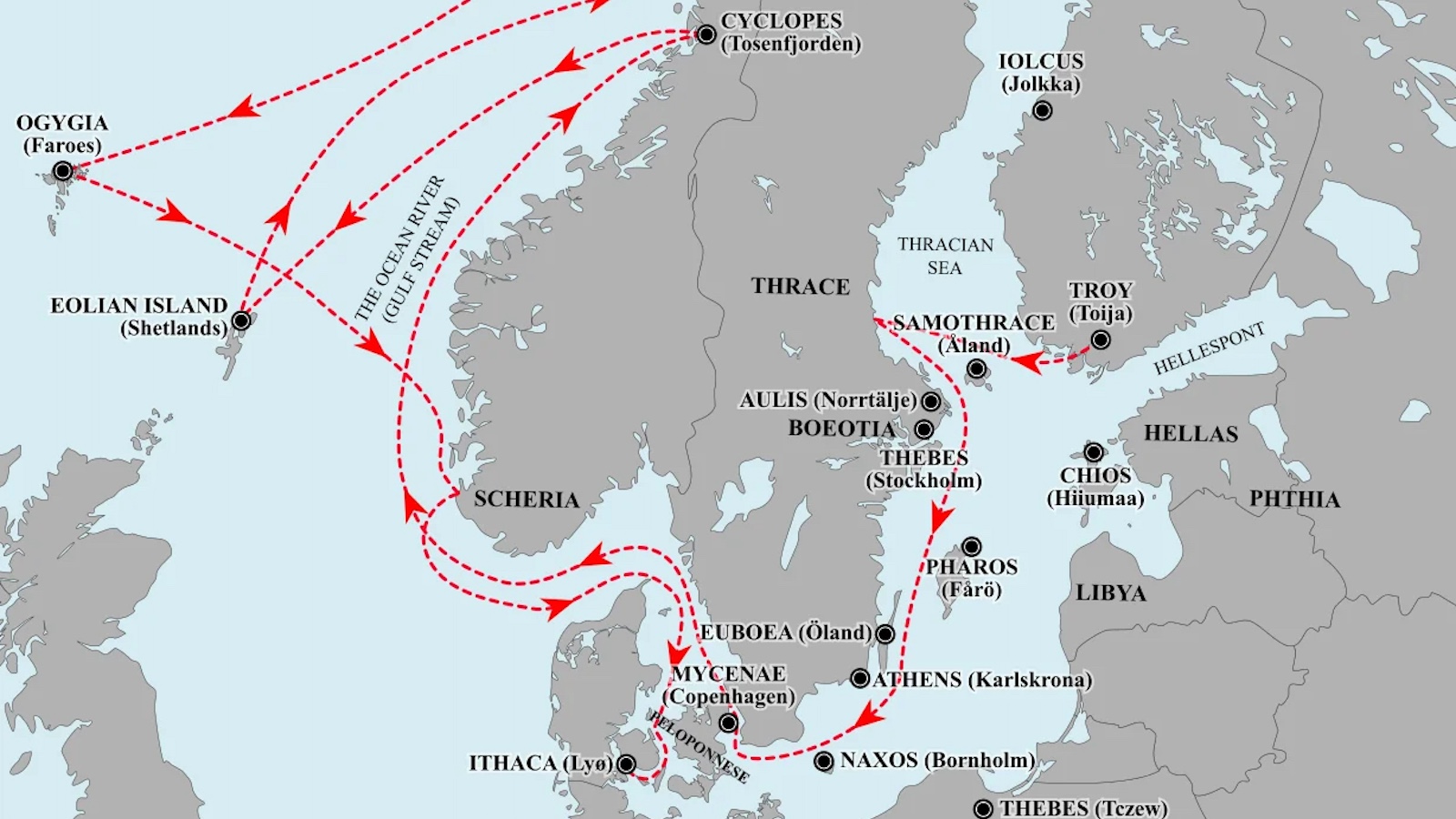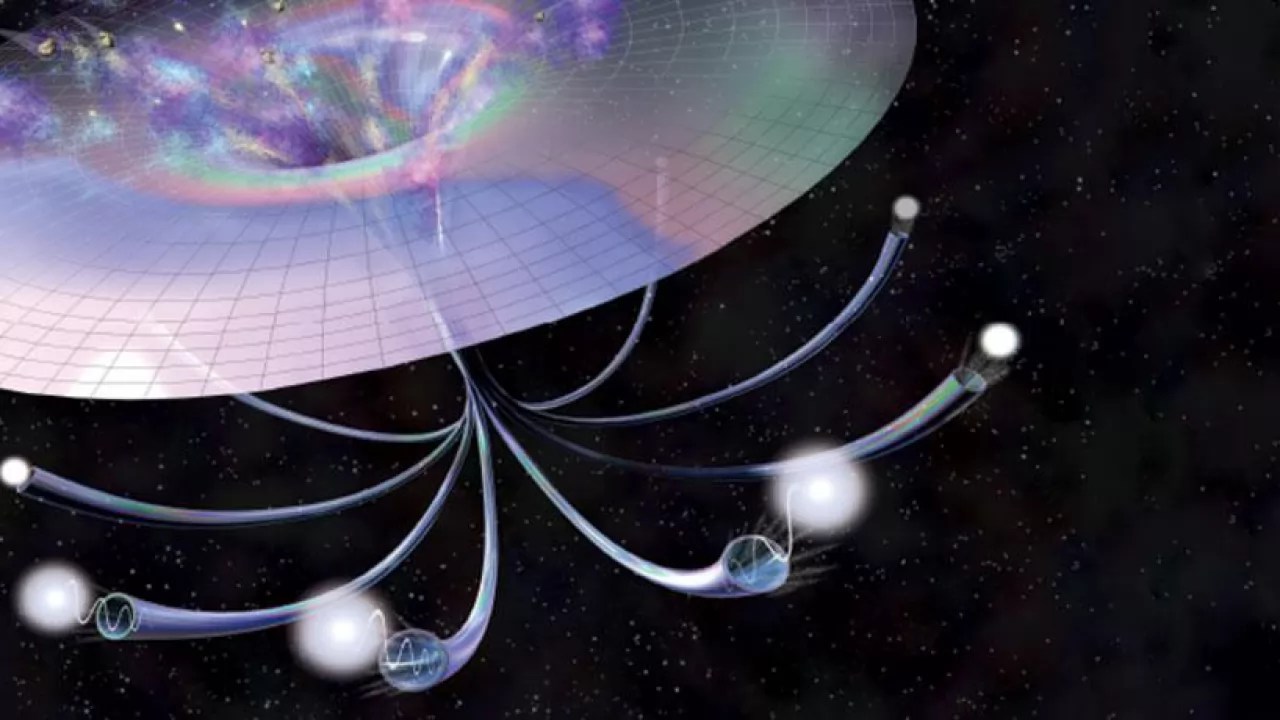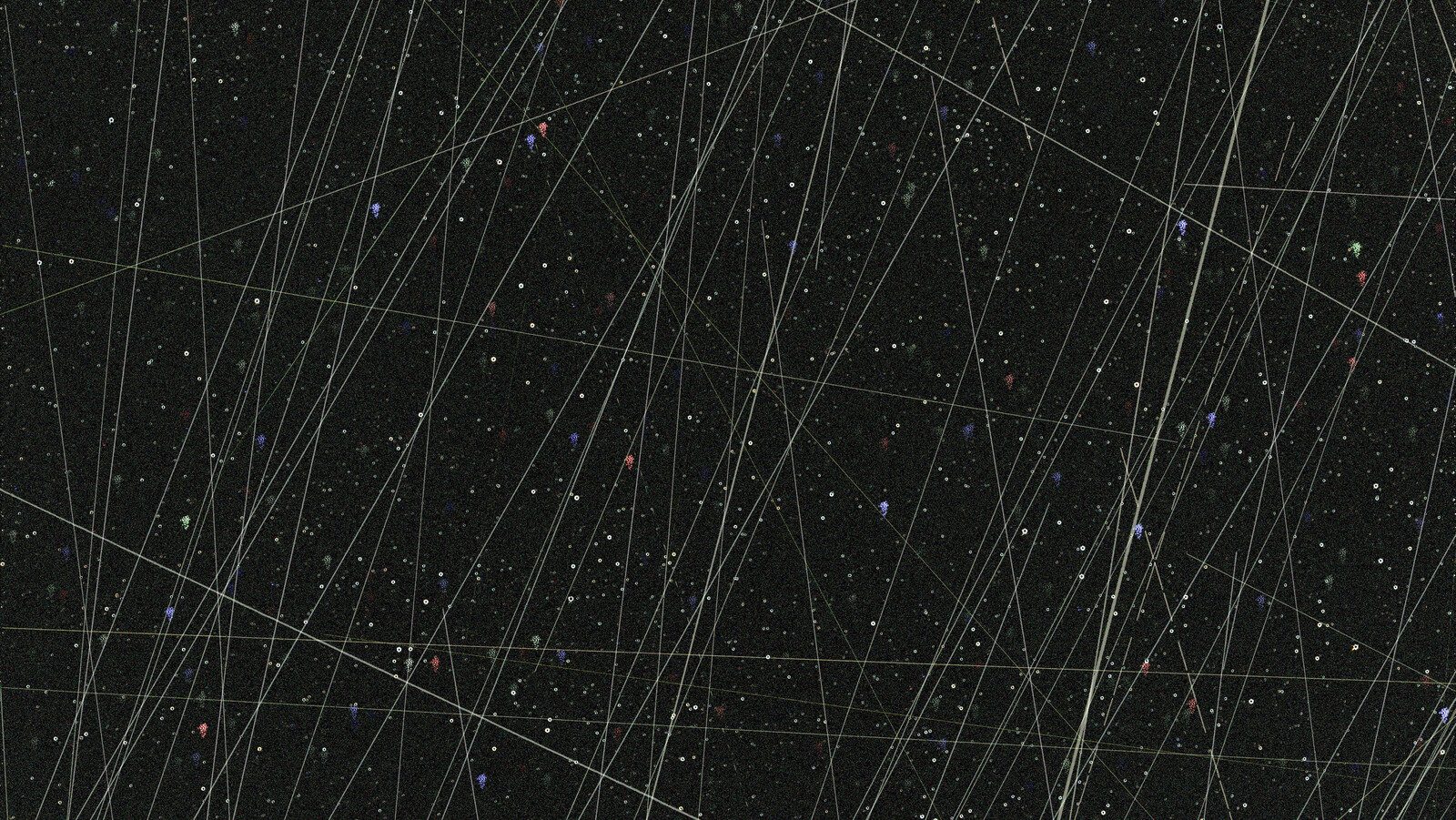Architect and brand innovator Kevin Ervin Kelley sounds the alarm for workplace culture — and argues for a “big bang” collision of forms and shapes.
Because of dark energy, distant objects speed away from us faster and faster as time goes on. How long before every galaxy is out of reach?
Philosophy isn’t stuck in the past. Here are five texts to connect you with its ongoing dialogue.
The former Nintendo president has become synonymous with the backlash against layoffs — because, like a great leader, he focused on lifting people.
Given enough time, all galaxies will expel their star-forming material and wind up dead. Is this the earliest one, or is it just asleep?
People who have a regional accent might prefer robots who speak like them over generic voices.
Galaxies don’t simply feed their central supermassive black holes, but the activity generated inside affects the entire galaxy and more.
These scrolls are the only remaining intact library of ancient Rome — and they will crumble at a touch.
Neuroscientist Tali Sharot recently spoke with Big Think about a two-step method for escaping the dark sides of habits.
When all your teammates fall for “the emperor’s new clothes,” the results can be disastrous — here’s how to bust the groupthink.
Symmetries aren’t just about folding or rotating a piece of paper, but have a profound array of applications when it comes to physics.
Here’s the case for why science can’t keep ignoring human experience.
Ground-based facilities enable the greatest scientific production in all of astronomy. The NSF needs to be ambitious, and it’s now or never.
Is it genes or their special bond that drives identical twins to offend at similar rates?
Alli Webb, co-founder of Drybar, has a message for up-and-coming leaders: Embrace the mess!
The Multiverse fuels some of the 21st century’s best fiction stories. But its supporting pillars are on extremely stable scientific footing.
Genes are sometimes called the “blueprint of life,” but that doesn’t make them the behavioral playbook.
Too many leaders create an imbalance between thinking and doing — but a clear vision can be sharpened through deep reflection.
To Fred Hoyle, the Big Bang was nothing more than a creationist myth. 75 years later, it’s cemented as the beginning of our Universe.
In a recent paper, biologists outlined a three-part hypothesis for how all life as we know it began.
Here’s the thorny reality behind psychedelics’ ability to unearth buried memories.
JWST has puzzled astronomers by revealing large, bright, massive early galaxies. But the littlest ones pack the greatest cosmic punch.
Tech designed to fuse atoms might be able to clean up space, too.
Former GitHub CEO Nat Friedman just invested $100 million into the company.
The Trojan War was fought in Finland and Ulysses sailed home to Denmark, says one controversial theory.
When cosmic inflation came to an end, the hot Big Bang ensued as a result. If our cosmic vacuum state decays, could it all happen again?
13.8 columnist Marcelo Gleiser reflects on his recent voyage to Earth’s last wild continent.
In 1957, humanity launched our first satellite; today’s number is nearly 10,000, with 500,000+ more planned. Space is no longer pristine.
Big Think spoke with historian Marc-William Palen about the egalitarian aims of the free-trade movement in past centuries.
Bertrand Russell shows us how to recognize emotional arguments smuggled into presumed statements of fact.




